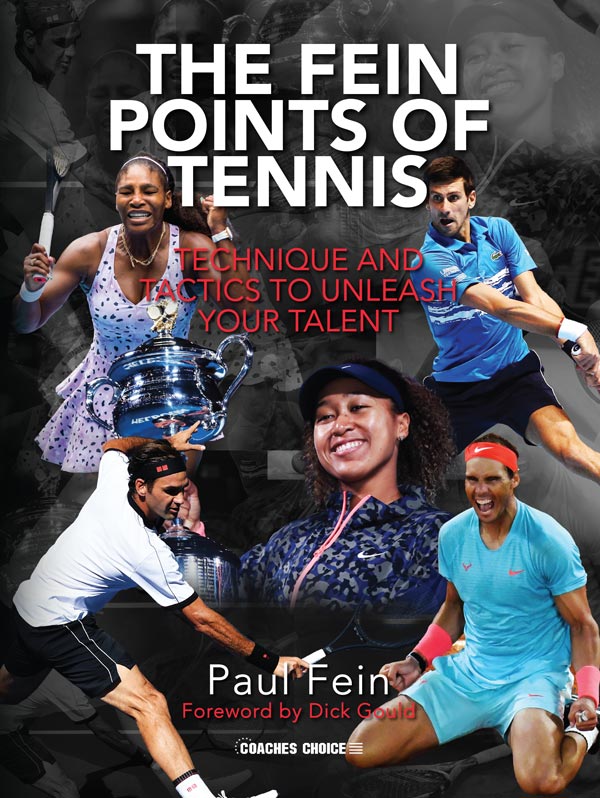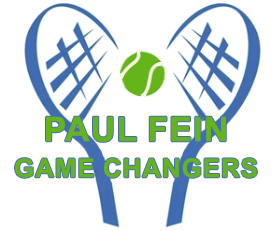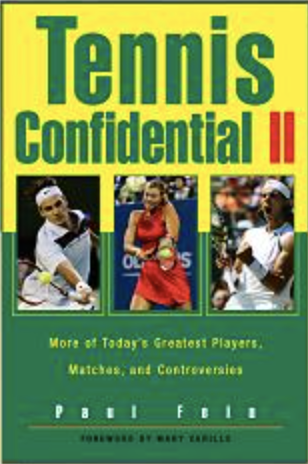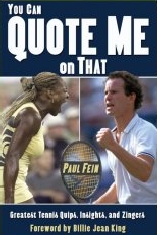To Yell or Not to Yell During Points — That Is the New Question
Hits: 51
Frances Tiafoe, an exuberant American competitor, recently proposed two rule changes. In a Forbes interview, Tiafoe said, “I think fans should be able to come and go and move around and speak during matches. Imagine going to a basketball game and not saying anything.”

Frances Tiafoe, an exuberant American competitor, recently proposed two rule changes. In a Forbes interview, Tiafoe said, “I think fans should be able to come and go and move around and speak during matches. Imagine going to a basketball game and not saying anything.”
In my view, not allowing spectators to enter—or re-enter—the stadium except during changeovers has always been an absurd tradition. Tournament players can easily handle fans either arriving late or returning from getting some refreshments or going to the restroom because their movement is typically far above their sightline. Equally important, there is no reason paying customers should be forced to wait until the next changeover and be deprived of watching two games at any point in the match. So I vote with Frances here.
The 14th-ranked Tiafoe loves basketball, especially the NBA, where boisterous spectators yell for their favorite team to their heart’s content. And aside from tradition-bound Wimbledon, he said, “Let’s start to change things to bring younger fans to the game.”
Billie Jean King, whose 50-year-old WorldTeam Tennis league encourages spectator involvement, agrees with Tiafoe that fans should be allowed to cheer, even shout, during points while the ball is in play. There is no doubt that spectators energize athletes, and tennis pros often thank them after their victories and even defeats. More than ever, players also raise their arms after winning a big point or hitting a great shot to urge them for more support. Jimmy Connors, the anti-establishment champion who relished fan engagement, would have loved it.
After Chris Eubanks upset No. 20 Borna Coric 3-6, 6-4, 6-2 at the Miami Open for the biggest win of his career, he said, “There’s a jolt of electricity when the crowd gets behind me.” Roger Federer was the crowd favorite seemingly at every venue and against every opponent. Almost as popular, Rafael Nadal won over most spectators. Novak Djokovic, however, lamented not getting as much fan appreciation as he hoped for. Tiafoe, who celebrates winning points with fist pumps and shouts, said, “They spent hard-earned money to watch entertainment.”
Paul Annacone, who ranked at No. 12 in 1986, and later coached Pete Sampras and Roger Federer, disagreed with Tiafoe and King. Now a Tennis Channel analyst, Annacone said, “There’s no more drama than when there is dead silence at Wimbledon.”
Should spectators be allowed to express themselves and emote during tennis matches as they do at basketball, football, hockey, baseball, and soccer games? This question raises more questions.
First, would the sport’s leading ruling bodies—the ATP, WTA, ITF, and Grand Slam Committee—approve this tradition-smashing rule change?
Second, where would the line be drawn? For example, would spectators be allowed to scream “Miss it!” when a server tosses the ball or a player leaps to smash a lob? What if spectators yell “Out!” on close line calls, confusing players when the ball is actually in? Would rowdy, partisan spectators get even more out of control during controversies?
Third, tennis players get important information about the power and spin of an opponent’s shot from the sound of the shot. Would the quality of play suffer if fan noise prevented the players from hearing the sound of shots?
Fourth, what if spectators repeatedly hector or boo a player they don’t like? Should they be removed, or is that okay?
Fifth, with the legalization of in-match coaching, what happens when spectators fluent in several languages repeat the coach’s advice so loud everyone can hear it? Or even contradict or mock the coach?
Sixth, would loud, even raucous spectators totally turn off the other spectators?
Seventh, should players be allowed to vote for such a momentous rule change, given they would be more affected by it than any other tennis entities?
Eighth, would such a momentous rule change dramatically change the nature of tennis?
If Tiafoe’s proposal gains traction, tennis faces a lot of tough questions.
The biggest question is: Is this the sport we want?



